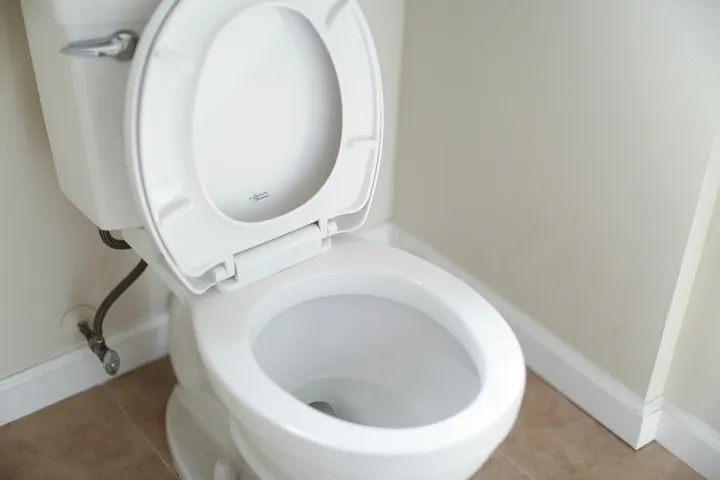A not-so-often topic is constipation. While it has been noted as an obvious occurrence in our elderly loved ones, it is dangerous and deadly. Many factors play into constipation. Chronic health conditions(stroke, Parkinson’s disease, diabetes, dementia), medication, lack of dietary fiber, inadequate nutrition, physical inactivity, and poor hydration are all underlying reasons. The potential for serious complications leading to death is real if bowel habits are not tracked daily.
What is Constipation?
Constipation is a problem with passing stool. Constipation generally means passing fewer than three stools a week or having difficulty passing stool(Mayo Clinic, 2025).
Symptoms of Constipation
Paying attention to the bowel habits of your loved one is so vital. It is essential to know how many bowel movements your loved one has. If there are fewer than three stools a week, be concerned. The goal is to see daily bowel movements. If bowel movements(when they happen) are hard, dry, or lumpy, discuss with your healthcare practitioners. If your loved one is straining or stating a feeling of pain, or grimacing (for nonverbals), they need attention.
Causes of Death from Constipation
Severe constipation can lead to complications like bowel obstruction and fecal impaction, which can be life-threatening. Bowel rupture from prolonged constipation can lead to a buildup of pressure in the colon, potentially causing the bowel to rupture, causing death. Straining during bowel movements can trigger events like strokes or heart attacks. The physical strain of trying to pass stool causes pressure on the cardiovascular system(heart), triggering conditions, especially in loved ones with long-term heart conditions.
Care Strategies
Constipation can be addressed in several ways. Knowing your loved one’s health condition is necessary. Hydration and dietary interventions should be the first line of defense after medical advice. Never give over-the-counter medications without permission. Laxatives can be effective but should be used with caution and for short periods, as they can cause dependency. Some medications your loved one takes may have contraindications to medications not prescribed. Exercise(if able) helps stimulate bowel movements and can improve overall bowel health. Digital removal is painful and should be done with care and caution.
As Your Proactive Caregiver Advocate, constipation is a multifaceted issue in the elderly that requires a domineering process, including medical attention first, to get the best treatment plan for your loved one. Changes can be made to address the underlying causes after medical advice. Home remedies and over-the-counter medication should not be used without proper guidance…Why…in your quest to do good, you could create harm, so seek medical care because of the wide range of health conditions your loved one may be facing. Be Safe! Be Well!
Dr. Cynthia J. Hickman is a retired registered nurse and case manager who serves as the CEO of Your Proactive Caregiver Advocate. She’s excited to share her latest book, The Essential Caregiver Training Course for Corporations and Community. Her previous works, From the Lens of Daughter, Nurse, and Caregiver: A Journey of Duty and Honor and The Black Book of Important Information for Caregivers, reflect her experiences and insights gained during her heartfelt caregiving journey.

